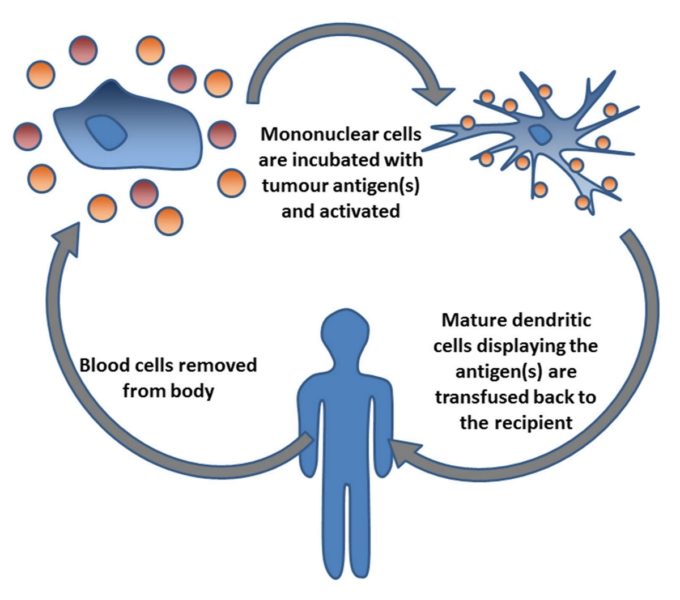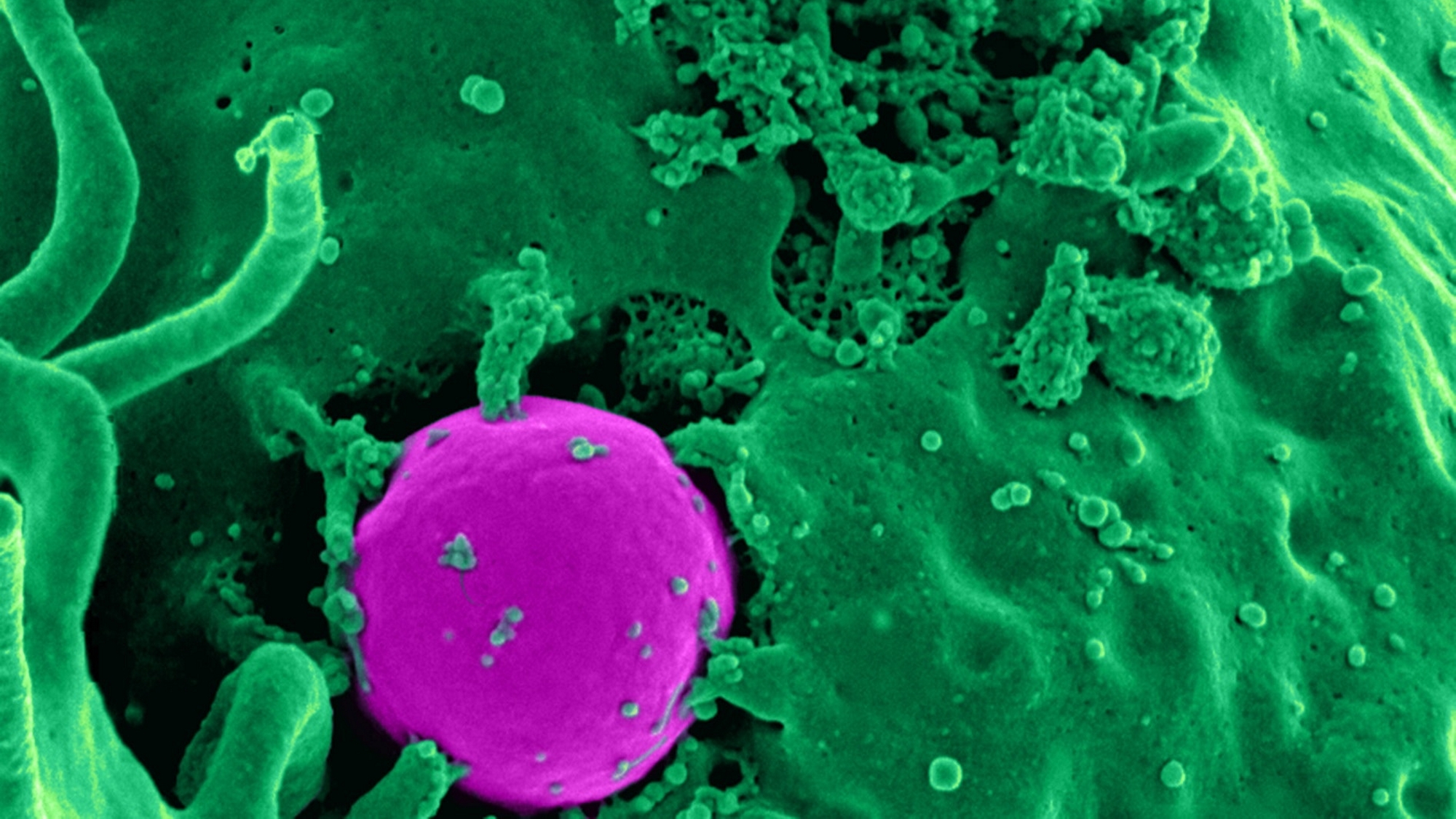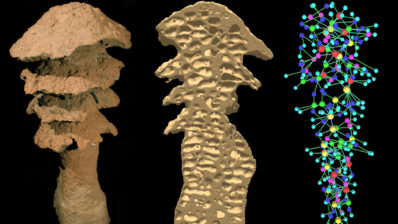Cancer immunotherapy is based on making our immune system attack and eliminate tumours. The immune system is constantly looking for external agents or disturbances that could disrupt the smooth functioning of the body’s tissues. Due to their damage and mutations, tumour cells can be recognised as foreign cells and are, therefore, usually eliminated by the immune system, to maintain our normal tissue function. Unfortunately, over time, tumours are able to find ways to hide from the immune system or even stop it detecting and cleaning them. Immunotherapy consists of strengthening the immune system and making the tumour cells visible again, so that they are properly recognised and eliminated.

There are various types of immunotherapy.
- One involves the administration of our own lymphocytes after they have been qualitatively selected in the laboratory, or even genetically modified, to help our defences attack the tumour more efficiently.
- Another option is immunisation based on the generation of vaccines with specific neoantigens from malignant cells, which trigger a specific immune response.
- One of the currently most-promising strategies is the use of immune checkpoint inhibitors. These checkpoints normally avoid unnecessary over-activation of the immune system and prevent chronic inflammatory damage. Tumours, however, are able to activate them for their own benefit, therefore blocking the immunity. In this way, the tumour cells are not eliminated by the cytotoxic T cells of the immune system.
It is this later type of immunotherapy that has given the most surprising and promising results in recent years, mainly for melanoma, lung cancer, and bladder cancer. Although many patients do not respond to these treatments, those who do, do so in a very efficient and lasting manner, as their internal defences (the immune system) are on constant alert.
At the moment, using immunotherapy and understanding how it works are undoubtedly two of the main objectives of research into molecular oncology. Understanding the molecular mechanisms of response and resistance to immunotherapy in different types of cancer will be key in being able to apply immunotherapy to benefit patients over the next few years.







